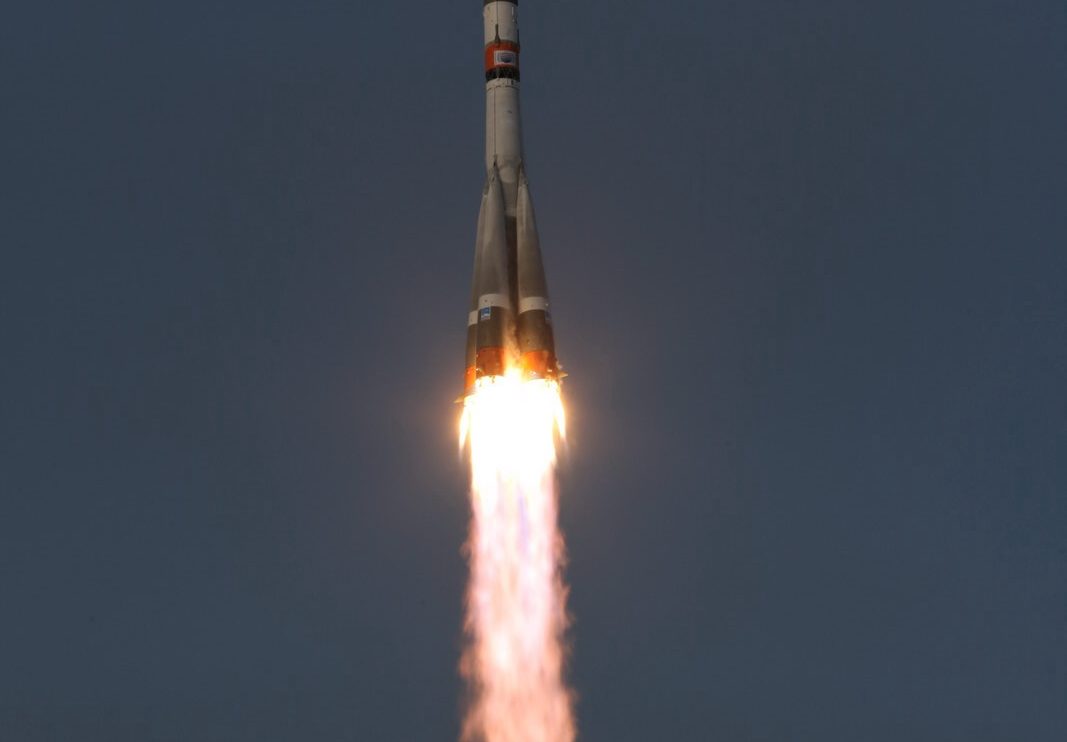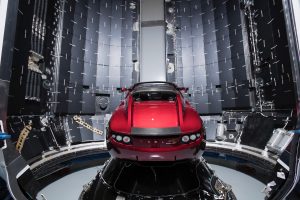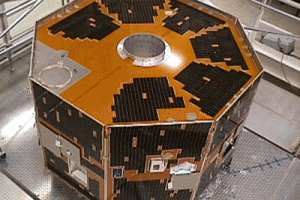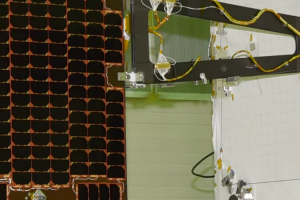An investigation by the Russian space agency Roscosmos found that a launch failure of the Soyuz 2-1B rocket on November 28 was caused by an issue with the flight control system software.
The Soyuz rocket was launched from the new Vostochny Cosmodrome instead of the Baikonur Cosmodrome in Kazakhstan, which most Russian rocket launches use. The Soyuz launch was the second to take place at Vostochny, following another Soyuz launch in April 2016 that sent an astronomy satellite into orbit.
The Roscosmos statement on December 27 said that the trajectory calculations of the launch were not updated to account for launching from the new Cosmodrome, which caused the Fregat upper stage of the rocket to fire incorrectly.
The rocket’s primary payload was the Meteor-M 2-1 satellite, a part of the Russian low Earth weather observation satellite network. The satellites monitor sea surface temperature, humidity, sea ice coverage, cloud and snow cover, and other meteorological conditions.
Six Roscosmos employees were reprimanded due to the launch failure, including Andrey Mazurin, head of the Launch Vehicles and Ground Infrastructure Department, and Victor Chaporgin, Director of Quality and Reliability.





